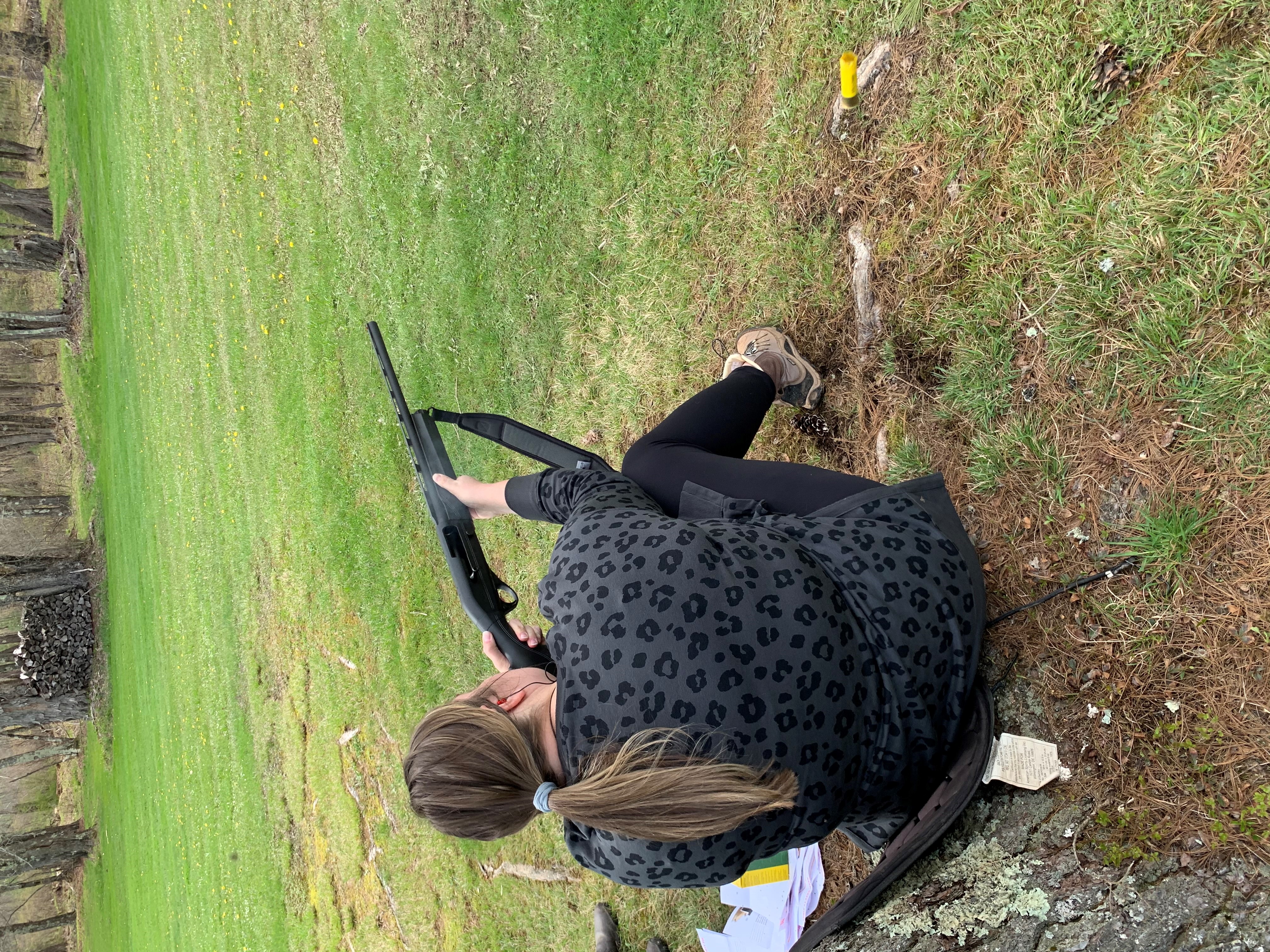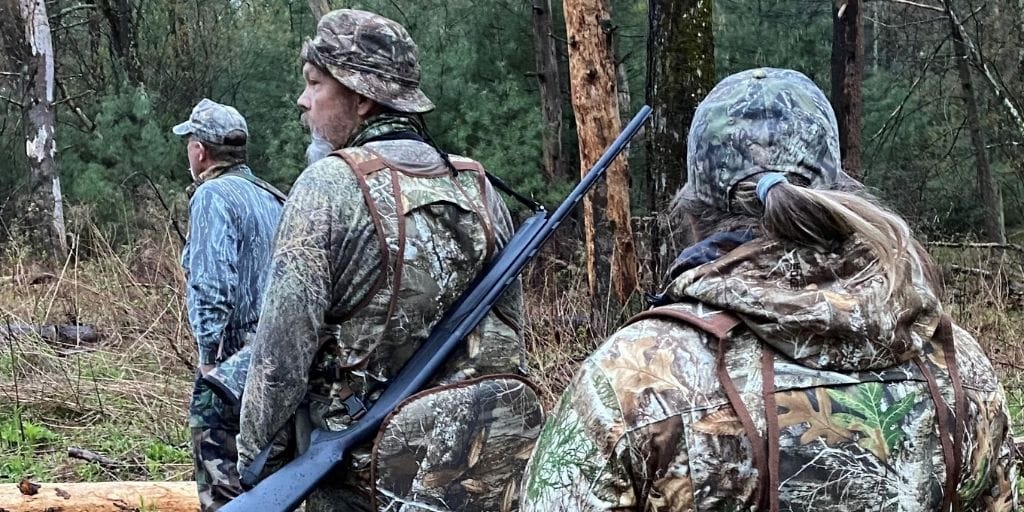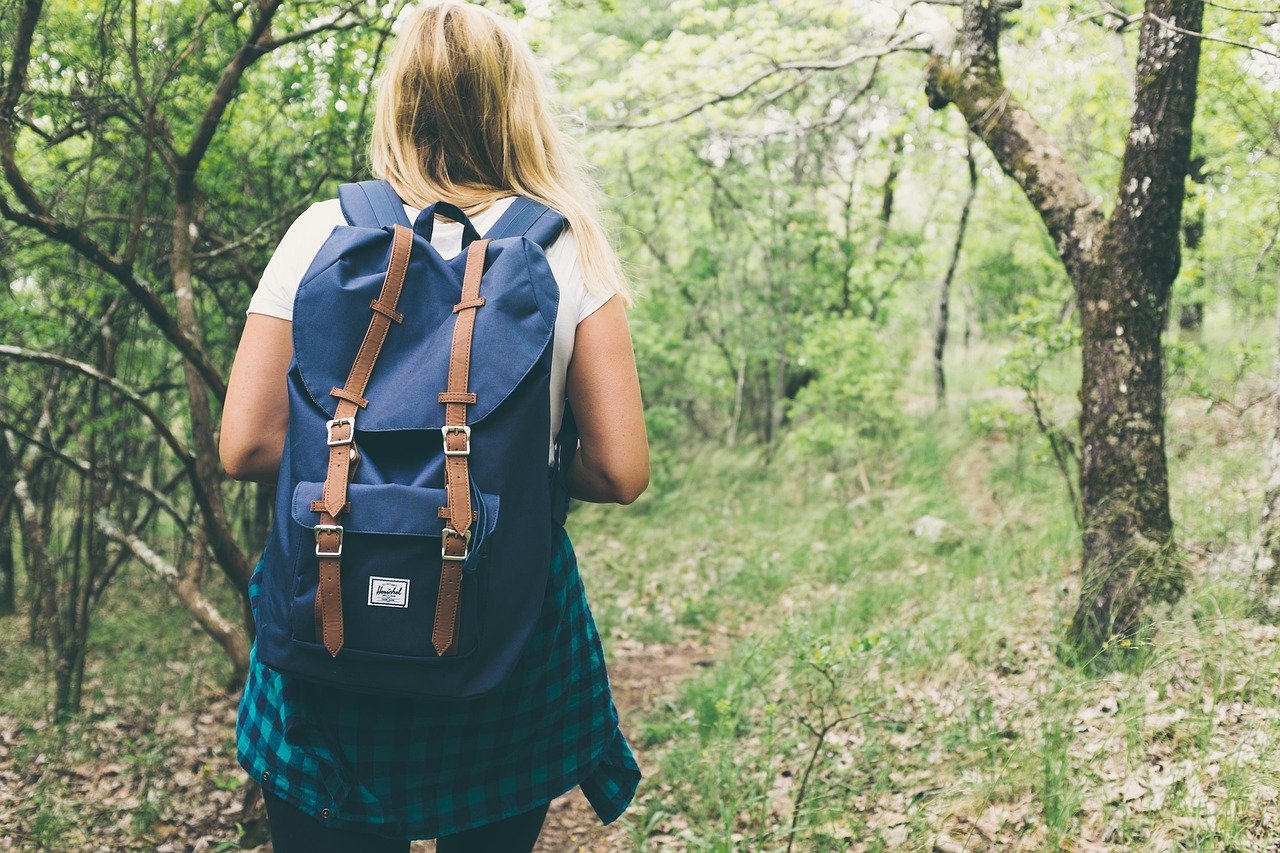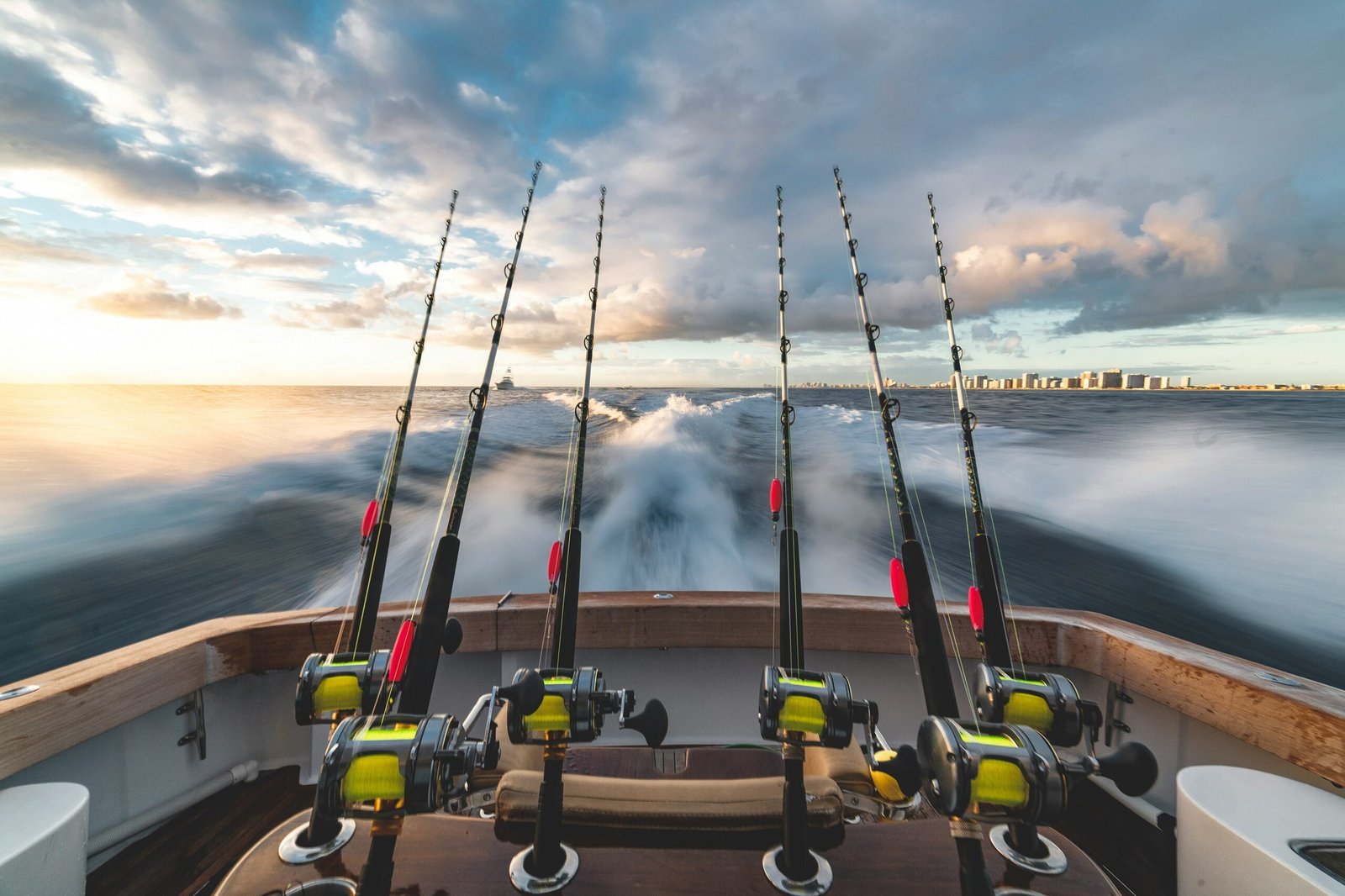What do hunters do when they aren’t hunting? They’re thinking about hunting, of course. The off-season is a time to grow your skills, strategize, and plan adventures for the upcoming hunting seasons. Whether you’re a seasoned hunter or just getting started you probably have one or two bucket lists, holy grail hunts you hope to go on one day. Most of which will likely require traveling out of state. For me, it’s achieving the Turkey Grand Slam, all four turkey species across the United States.
Planning a regular vacation is stressful. But prepping for a hunt in a different state or even country that you aren’t accustomed to is like a vacation on steroids. There are so many things to plan, purchase, and prepare yourself for. Mistakes are bound to happen, I made plenty my first time. Let me share some of these easy-to-make mistakes so you can capitalize on success.
Avoid Mistakes on an Out-of-State Hunt
Do it By the Book – Hunting Regulations and Proper Tags
This should probably go without saying, but I’m saying it anyway. When purchasing your out-of-state hunting license, it’s your responsibility to have the proper tags, stamps, and hunter’s education courses. Then, you need to know the laws! Different states may have rules regarding the type of firearm or ammo you can use, the time of day you can hunt, as well as limiting the number of animals you can take per day. Take these laws into consideration when you plan your trip, if you can only hunt mornings, how many days would you want to give yourself to hunt?
Train for the Terrain
If you’re going to be walking more than you’re used to, ask whoever you’re hunting with questions about how many miles you can expect to cover each day and what the terrain is like. Walking with a weighted backpack on around your neighborhood will be better than nothing, but it’d be better to try to mimic the terrain by walking tough trails. I learned this lesson the hard way.
Also think about your gear. Ask what could help you accommodate the terrain, the weather, or style of hunting you’re doing. Take inventory of what you have, like your boots and backpack. If you’re still rocking an old pair of boots that can’t withstand a 5-mile walk, it might be time for an upgrade. Then think about what you might need that you don’t have. A bow/gun sling, a shooting stick, or rain gear, for example, might come in handy for long hunts and fatigued muscles. It’s better to spend a little money to potentially save yourself from suffering later.

Read More: Four Mistakes You Make in the Blind
Make Plans but Don’t Be Married to Them
Being prepared is the best course of action, always. After you’ve traveled you want to check your equipment, pattern your firearm, shoot your bow, and make sure everything is good to go before you start your hunt. You also want to carry extra ammo, arrows, broadheads, and even a release. Because you never know!
Make a great plan but remember the animals we hunt aren’t always going to follow along. They’re going to step out from the left when you are aiming right. They’re going to get hung up at 30 yards when your gun patterns best at 20 yards. Be flexible, come up with a new strategy, and keep trying.
At the end of the day, we learn more from the mistakes made than when everything goes as planned.





One thought on “Avoid these Mistakes on an Out-of-State Hunt”